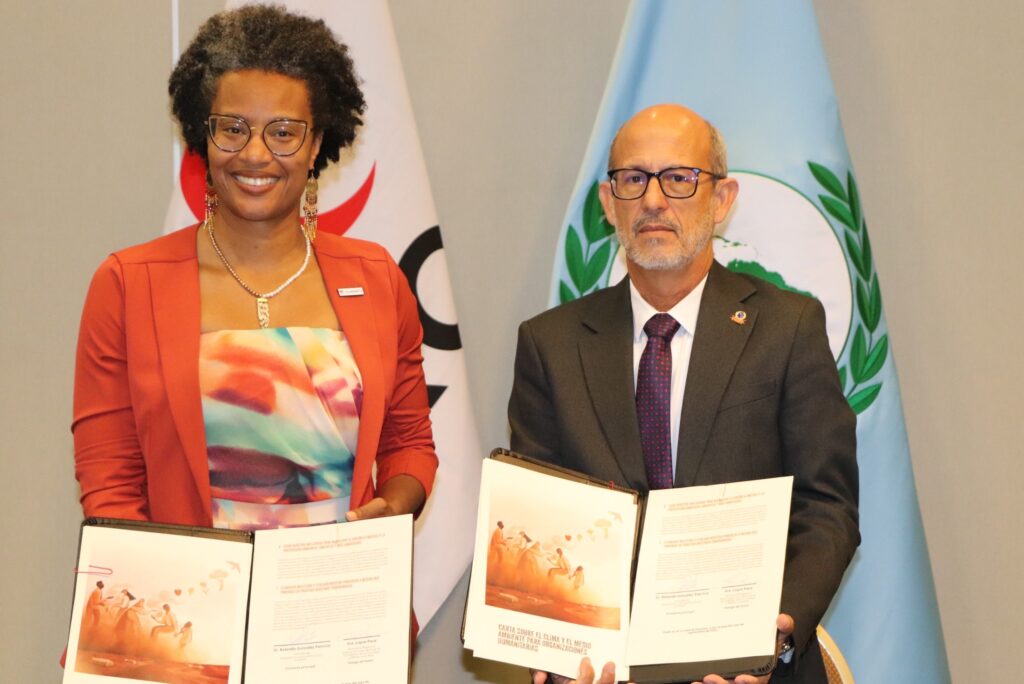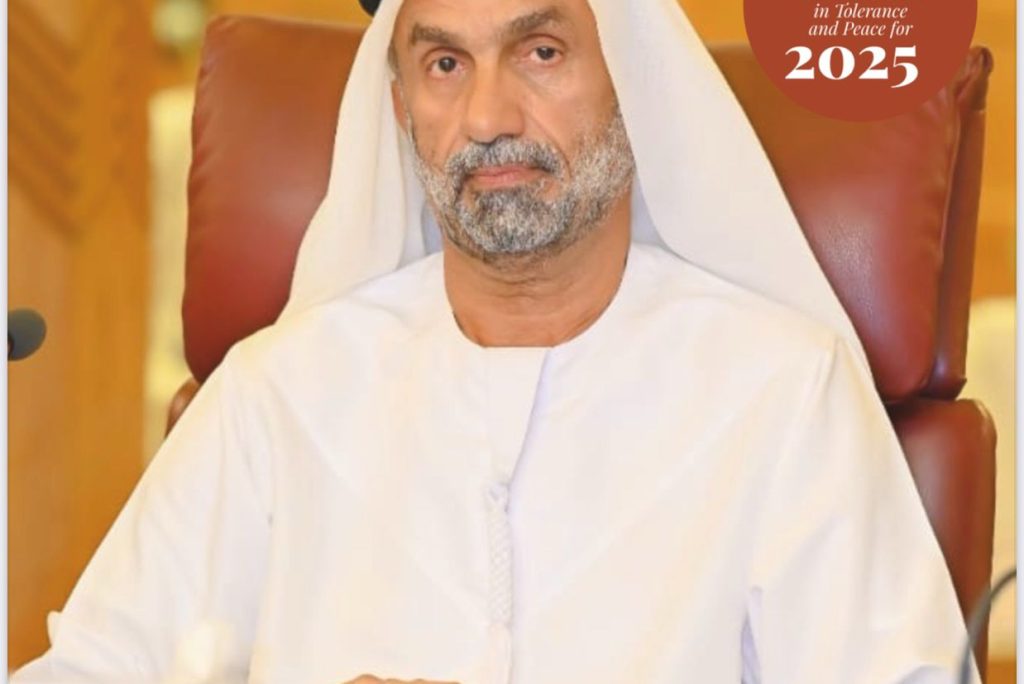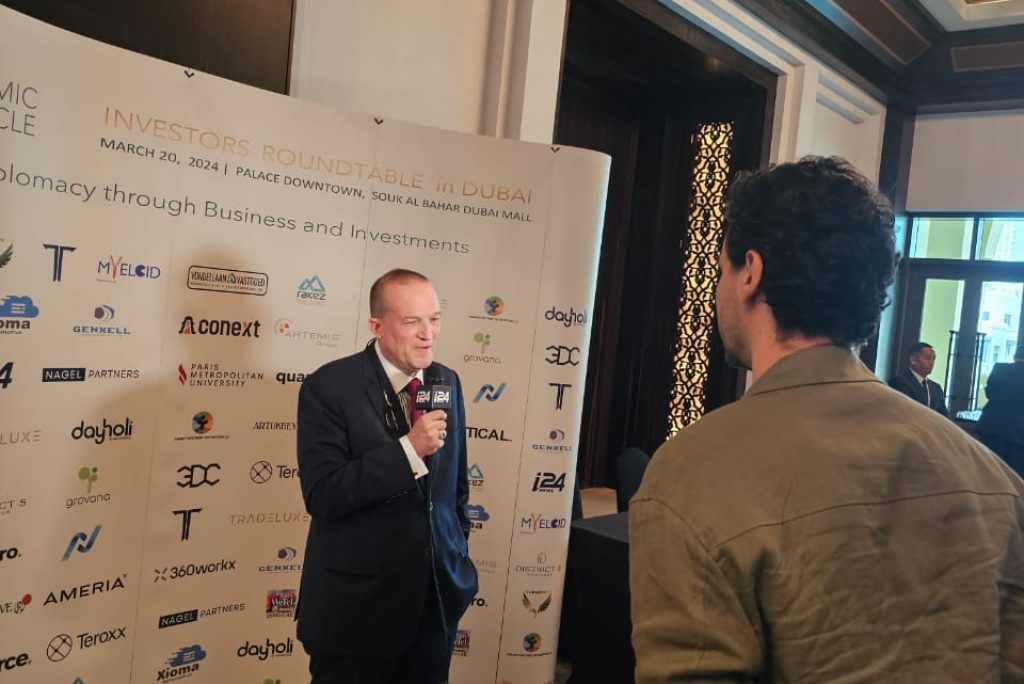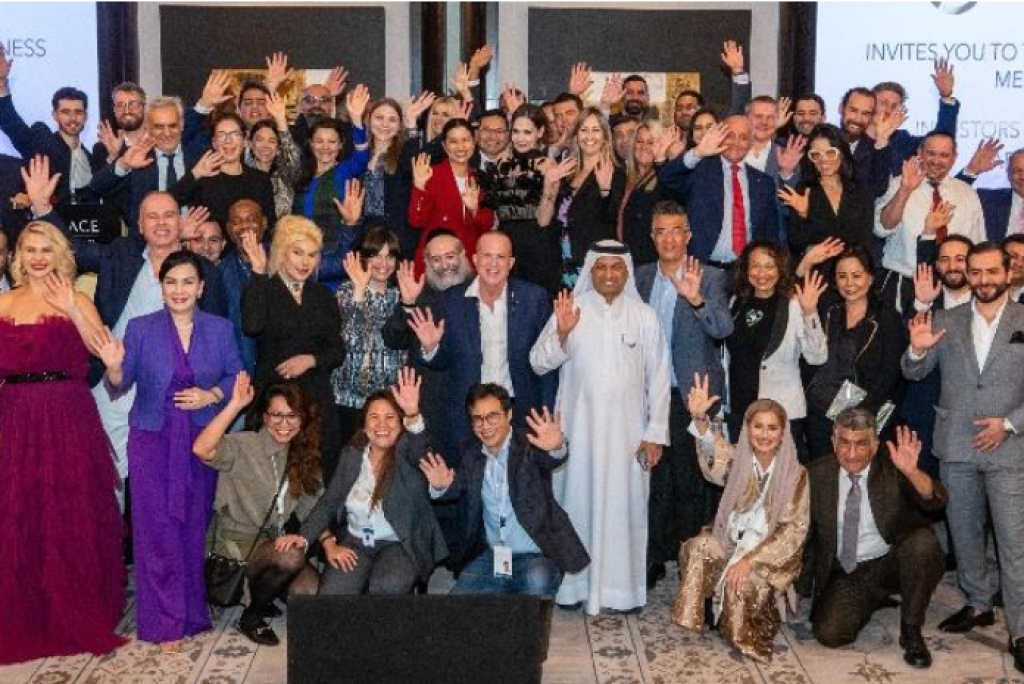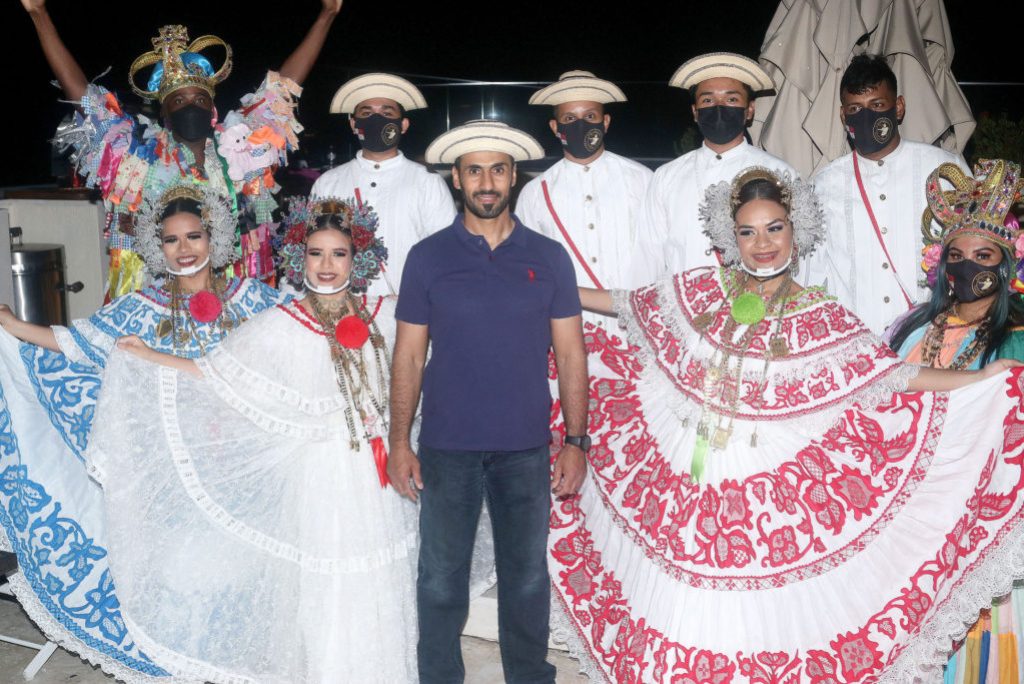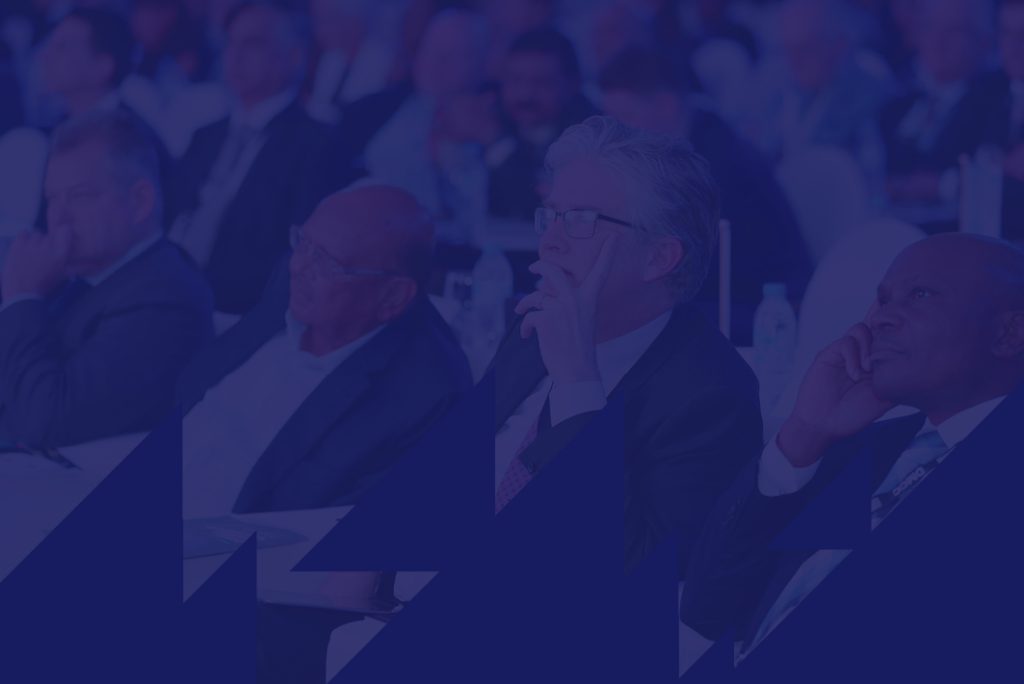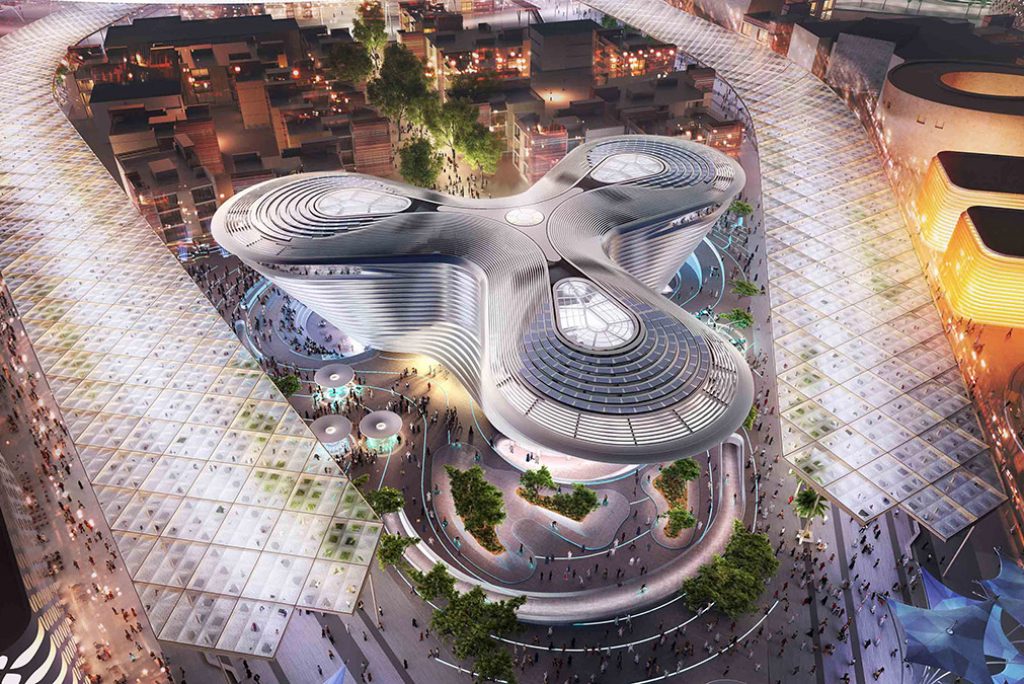PARLATINO y Cruz Roja lanzan alianzas de acción climática y resiliencia comunitaria rumbo a la COP30
El Organismo Parlamentario Regional se une a la Carta sobre el Clima y el Medio Ambiente Ciudad de Panamá, 10/09/2025. El PARLATINO y la Federación Internacional de Sociedades de la Cruz Roja y de la Media Luna Roja (IFRC), presentaron la Alianza Parlamentaria por la Acción Climática y la Alianza por la Amazonía, sus respectivas […]

